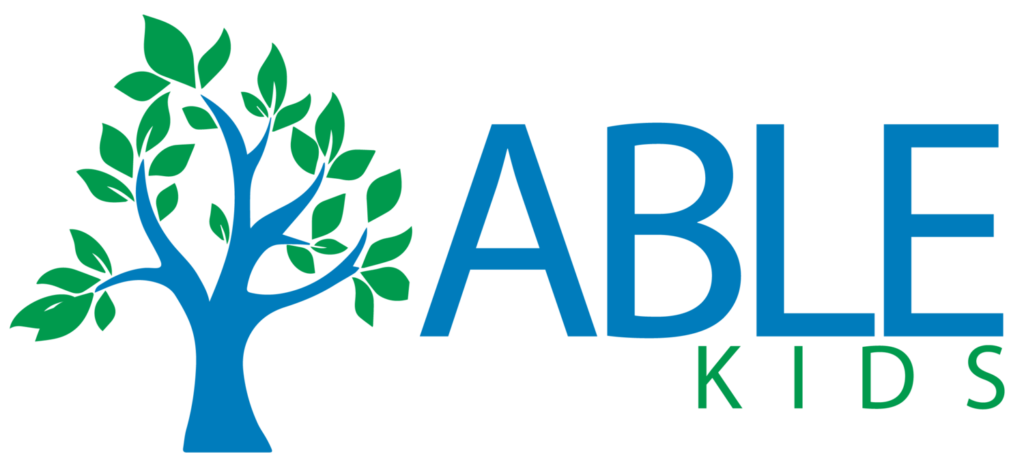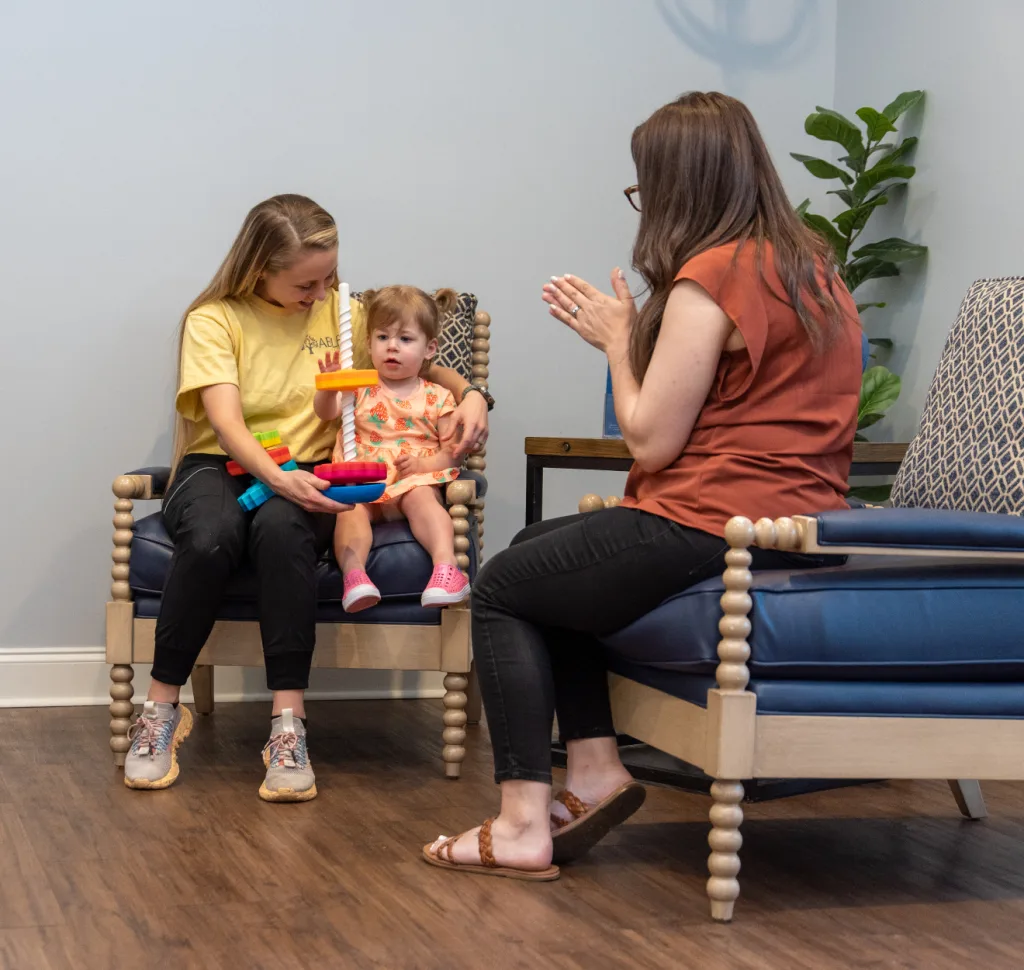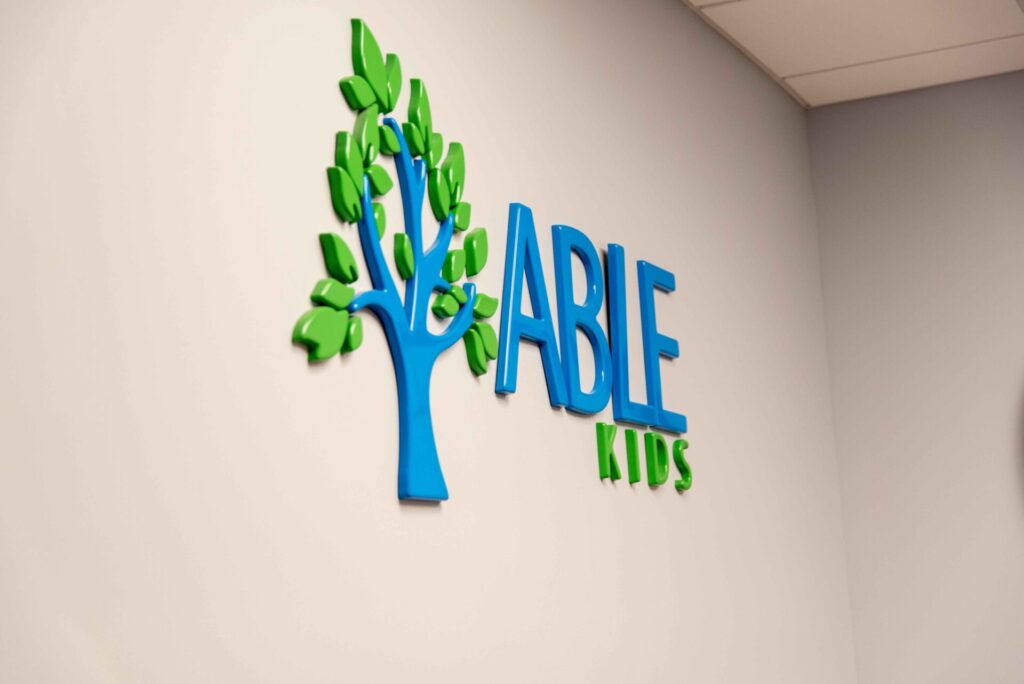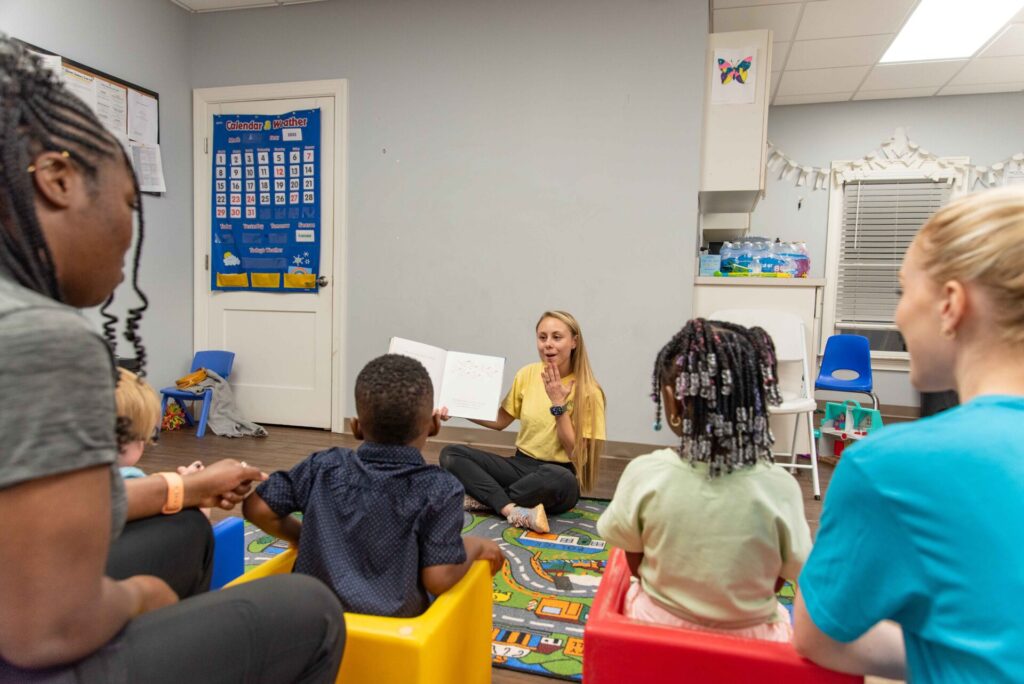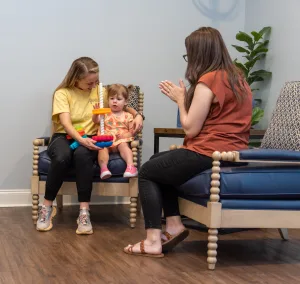Raising a child on the autism spectrum comes with unique joys and challenges — and finding the right support and inclusive activities can make all the difference. If you’re a parent in Roswell, Georgia, looking for autism-friendly resources and ways to help your child thrive, you’re in the right place.
At Able Kids, we believe every child deserves opportunities to grow, explore, and enjoy life at their own pace. Here’s your local guide to autism support services and sensory-friendly fun in the Roswell area.
Autism Support Resources in Roswell, GA
- Pediatric Therapy Services
For children with autism, early intervention and specialized therapies can improve communication, behavior, and daily living skills. In Roswell and surrounding communities, families have access to services such as:
At Able Kids, our team offers individualized therapy plans tailored to your child’s developmental goals. Whether your child needs help with social interaction, sensory regulation, or motor skills, we’re here to support their progress in a warm, child-friendly environment.
- Parent Support and Education
Navigating an autism diagnosis can feel overwhelming, but you don’t have to go it alone. Parent coaching, support groups, and educational resources help you stay informed and confident in advocating for your child.
Look into:
- Parent to Parent of Georgia (P2PGA): Offers emotional support and educational training.
- Autism Society of Georgia: Provides advocacy, resources, and statewide support services for families.
Sensory-Friendly Fun in and Around Roswell
When it comes to recreation, kids with sensory sensitivities thrive in environments that are predictable, welcoming, and low-stimulation. Fortunately, Roswell and the greater North Atlanta area offer several options for inclusive, family-friendly outings.
- Children’s Museum of Atlanta – Sensory-Friendly Sessions
Located about 30 minutes from Roswell, this museum hosts sensory-friendly hours designed for children who benefit from quieter play environments. The lights are dimmed, noise levels are reduced, and attendance is limited. - Sky Zone Roswell – Sensory Hours
This indoor trampoline park offers “Sensory Hours” on select days, with lowered music and fewer crowds, making it a great place for kids to jump, play, and burn off energy in a calmer setting. - Chattahoochee Nature Center
Enjoy peaceful trails, wildlife encounters, and quiet picnic spots right in Roswell. The wide-open spaces and gentle pace make it ideal for children who need a sensory-friendly outdoor environment. - Local Libraries and Inclusive Story Times
Fulton County Public Library branches near Roswell often host inclusive story times and programs for children with special needs. These events promote social engagement and early literacy in a welcoming space.
Tips for Planning a Sensory-Friendly Outing
- Call ahead to confirm sensory accommodations
- Pack familiar sensory tools (noise-canceling headphones, fidget items, weighted lap pads)
- Use visuals or social stories to prepare your child for what to expect
- Start small with shorter trips and gradually increase length or complexity
With a little preparation, these outings can become positive, confidence-boosting experiences for your child.
We’re Here to Help
At Able Kids, we specialize in supporting children with autism and their families throughout Roswell and the North Atlanta region. Our therapists are trained in autism-specific interventions and are passionate about helping each child communicate, connect, and thrive — both in therapy and everyday life.
Whether your child is newly diagnosed or you’re building on the progress they’ve already made, we’re here to support you every step of the way.
Visit ABLE Kids in Roswell, Georgia
ABLE Kids proudly serves families in Roswell and surrounding communities, providing effective, evidence-based therapy services for children with autism. Our Roswell location offers ABA Therapy for children ages 2–6 diagnosed with Autism Spectrum Disorder, requiring 35+ hours per week of therapy. We also offer Occupational Therapy and Speech Therapy for children enrolled in our ABA programs.
Visit our Roswell location at 1875 Old Alabama Rd Roswell, GA 30076 United States, and let’s work together to help your child grow, connect, and succeed.
